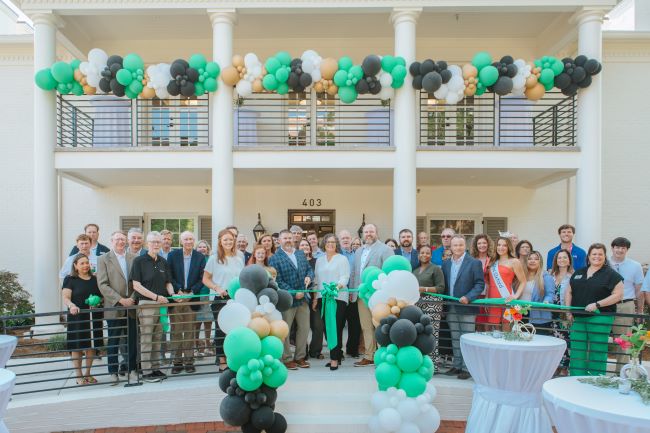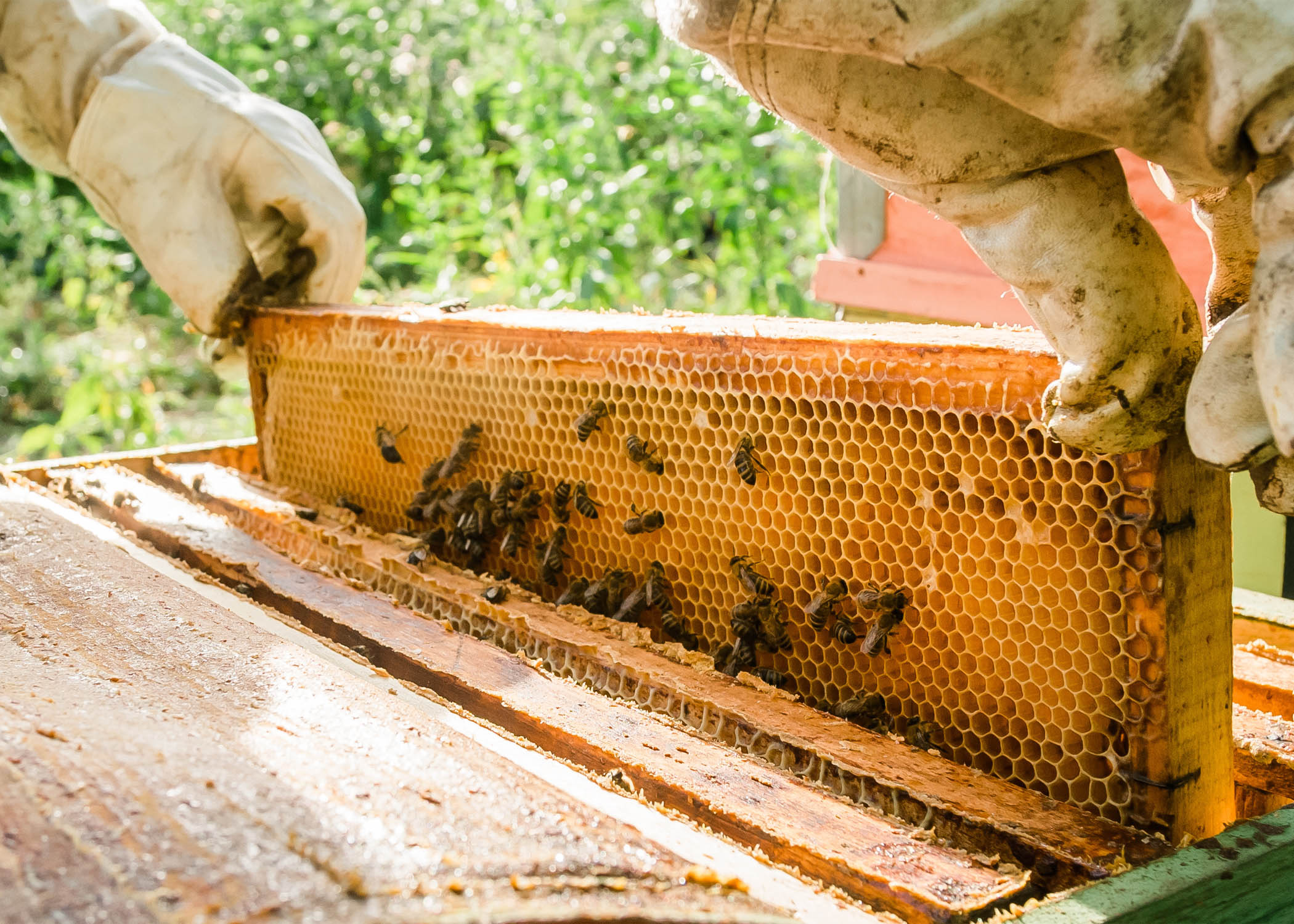‘The Slave Narratives’ are a source for local African-American history
Published 6:00 am Sunday, February 14, 2016
SENSE OF PLACE
Over the years, since I started writing this column, I have referred to a book that was published in the 1930s by the Federal Writers Project, a division of the Works Project Administration during the Great Depression. Due to the amount of people that were without jobs, the federal government looked for different ways in which to put people back to work.
Teachers and writers needed a job just as much as the factory worker and many other residents. There was a group that was dying out, which needed to have stories recorded for future generations. Those lives that need to be recorded where the former African-American slaves of the past century.
This oral history was to be recorded all around the old Confederacy and published in state volumes by the FWP in Washington. Each state and each county had their own, sometimes more than one, historian to personally record and type up the interviews. Here in Lafayette County several teachers were hired to do the recording of the interviews.
Minnie Holt and her fellow interviewers, Misses Blasingame, Brown and Head, met the former slaves at their homes and would take down the former slaves’ story in their own words. The typewritten interviews were written in the dialect of the Freedman and were to be sent to a collection point for the state at the Department of History and Archives in Jackson.
The collected interviews were assembled and mailed to the Library of Congress in Washington. Due to the nature of some of the interviews, they were suppressed and filed away in the basement of the Archives building. When the various states volumes were printed, Mississippi had fewer interviews than many of the states. It was not until the 1970s the balance of the interviews were bundled up and sent to Washington. At that time the Mississippi narratives were printed in volumes 3, 5, 6, 7, and 10 and a more true story of the lives of the Freedman of Mississippi had their own words published in “The American Slave: A Composite Autobiography.”
Thompson account
I think the most interesting one I read and quoted in an earlier column was one from Joanna Thompson Isom. She was a former slave of noted Oxford resident Jacob Thompson. She had been given at an early age to the wife of Thompson’s son Macon as her personal slave. Her narrative concerned the time when the Yankees came to Oxford in December 1862.
Isom relates when Jacob Thompson heard the Yankees were on their way to Oxford and he sent a message to his wife Kate at their home across the road from Robert Shegogg home (now Rowan Oak). He instructed his wife to tell their neighbors to bring their valuables to their 20-room home and place the items in a storehouse on the property.
The storehouse was a two-room building. On one side the valuables were hidden and the door covered over with a cloth hanging from the ceiling. In the other room, several young children of the slaves placed on pallets on the floor. A sign was placed on the outer door to the storehouse.
The sign read “Warning Smallpox.” Needless to say, the Yankees did not make any attempt to go into the building and the valuables of Thompson and his neighbors were saved this time from the Yankees. The story would not be the same when the Yankees came back to Oxford on Aug. 22, 1864.
Another of the former slaves that was interviewed was Jane McLeod Wilburn. She had been born a slave near Lafayette Springs, east of Oxford. Her first owner was a man named Scrivener, who later moved to Oxford and Jane Wilburn came with the family. Later Angus MeLeod purchased her mother, three siblings and herself. He gave Jane to his wife Betsy.
She was to help with the house and be a nurse to the McLeod children. Miss Betsy taught her to read but she tried and failed to learn to write. She related to the interviewer that it was just fine with her that she never learned to write. As she stated, she might have ended up in “de pen” just like some other folks.
After the war, Jane took in washing and ironing. She relates, “I took in washin’ ah’ ironin’ after the surrender, an’ I wish I had a dollar now for every dollar I made off Col. L.Q.C. Lamar; I remember him well. Long befo’ de war the white folks was talkin’ ‘bout it, am’ Col. Lamar got up a company an’ they drilled on the University campus.”
“Col. Lamar had a son named Lucius, jus’ a child then, an’ they let him drill with the company an’ dey didn’t tell him he wuz too young ter go ter war; he thought he wuz goin’ ‘til dey went down to ther deepo ter get on ther train. An’ it lak to er kilt him when dy tol’ him he couldn’t go too; my sakes he hollered and yelled sumtin’ terrible, and when the train wuz ready to start he yelled out: “Be sho to ketch old Lincoln an’ bring me his head.”
Jane then stated, “I thought Yankees waz all heads an’ wuz jus’ ez skeered of them ez ennybody.”
If you are interested in reading these narratives and interested in learning more about what the former slaves had to say, the J.D. Williams Library has all the volumes. For those of you who were born in another Southern state other than Mississippi, you may find some interviews from your home county or state.
Jack Mayfield is an Oxford resident and historian. Contact him at jlmayfield@dixie-net.com.





